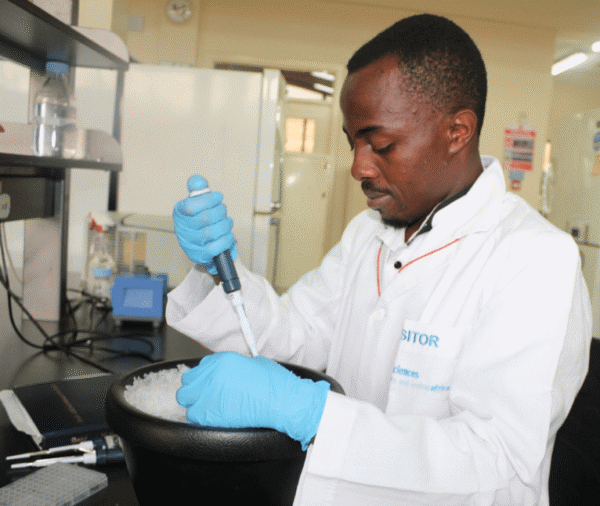Jobs and Vacancy in Laboratory science
Laboratory jobs offer a wide range of career opportunities across various industries, including healthcare, research and development, environmental sciences, and quality control. These jobs and vacancy require individuals to have a strong foundation in scientific principles, excellent analytical and problem-solving skills, and the ability to work collaboratively in a team environment.
In this blog post, we will provide an overview of some of the most popular laboratory jobs available in the industry today.

1. Medical Laboratory Technologist
Medical Laboratory Technologists (MLTs) perform a variety of tests on blood, urine, and other body fluids to diagnose and treat diseases. They operate sophisticated laboratory equipment, perform manual tests, and analyze the results using computers. To become an MLT, a degree or diploma in medical laboratory technology or a related field is required.
Read Related Blog: SLT, MLT – Lab Technologist in Nigeria. What they Do and Salary
2. Clinical Research Associate
Clinical Research Associates (CRAs) work in the pharmaceutical and biotech industries and are responsible for overseeing clinical trials. They ensure that the trials are conducted ethically and in compliance with regulations. CRAs work closely with physicians, study coordinators, and regulatory agencies. A bachelor’s or master’s degree in a related field is required to become a CRA.
3. Environmental Scientist
Environmental Scientists are responsible for monitoring and analyzing environmental conditions and developing strategies to reduce the impact of human activities on the environment. They work in a variety of settings, including government agencies, non-profit organizations, and consulting firms. A degree in environmental science, biology, chemistry, or a related field is required to become an Environmental Scientist.
4. Quality Control Analyst
Quality Control Analysts work in manufacturing companies and are responsible for ensuring that the products meet quality standards. They perform tests on the products and analyze the results to determine if they meet the required specifications. Quality Control Analysts work closely with production staff and management to ensure that the products meet the customer’s requirements. A degree in chemistry, biochemistry, or a related field is required to become a Quality Control Analyst.
5. Biomedical Scientist
Biomedical Scientists work in the healthcare industry and are responsible for researching and developing new medical treatments and technologies. They work in research institutions, universities, and hospitals. Biomedical Scientists perform experiments, analyze data, and write reports on their findings. A Ph.D. in a related field is required to become a Biomedical Scientist.
6. Forensic Scientist
Forensic Scientists work in law enforcement agencies and are responsible for analyzing physical evidence to help solve crimes. They perform tests on various samples, such as blood, DNA, and fingerprints, to identify suspects and victims. Forensic Scientists also provide expert testimony in court cases. A degree in forensic science, chemistry, biology, or a related field is required to become a Forensic Scientist.
Conclusion:
Laboratory jobs offer a wide range of career opportunities across various industries. These jobs require individuals to have a strong foundation in scientific principles, excellent analytical and problem-solving skills, and the ability to work collaboratively in a team environment.
Whether you are interested in healthcare, research and development, environmental sciences, or quality control, there is a laboratory job that suits your interests and career goals. Pursuing a career in laboratory science can be a rewarding and challenging experience.

